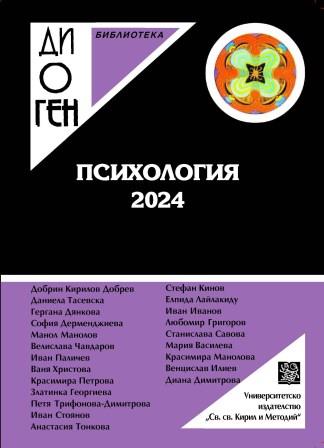Критичен анализ на ролята на политическите идеологии при българите
A Critical Analysis of the Role of Political Ideologies in Bulgaria
Author(s): Dobrin DobrevSubject(s): Philosophy, Social Sciences, Psychology, Political Philosophy
Published by: Великотърновски университет „Св. св. Кирил и Методий”
Keywords: quasi-religious beliefs; ethnopsychology; religion; political psychology.
Summary/Abstract: This article provides a critical analysis of whether political ideologies can be compared to religious systems in terms of their essence, manifestations, and functions within Bulgarian society. The paper explores the similarities between the key components of religious systems and political ideologies, focusing on their lack of empirical verifiability and falsifiability. The article argues that while political ideologies cannot be considered scientific explanatory models, they fulfill roles like those of religious systems, offering frameworks for understanding the world, forming identities, and transmitting cultural values. Through an analysis of cultural differences and the ethnopsychological characteristics of Bulgarians, the article examines how these factors influence the adoption and practice of political ideologies in Bulgaria. The paper utilizes the models of Geert Hofstede and Mikhail Minkov to explain Bulgarian preferences for certain ideologies and their perception of political activity. In conclusion, the article highlights that political ideologies play an important social role in contemporary Bulgarian society, comparable to that of traditional religious systems. It also notes that the current cultural and social context witnesses a predominance of quasi-religious beliefs and values, competing with traditional religions and political ideologies.
Journal: Диоген
- Issue Year: 32/2024
- Issue No: 1
- Page Range: 23-39
- Page Count: 17
- Language: English, Bulgarian

